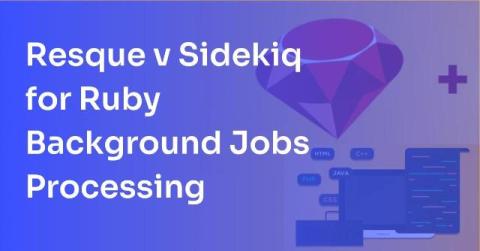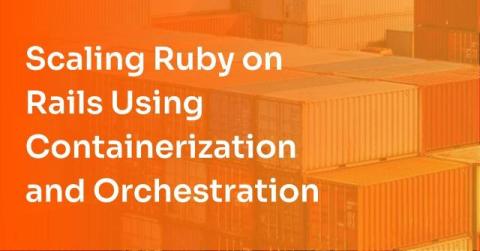Building AI With Ollama and Django
If you’re not building with AI, are you even building these days? Sometimes, it seems not. AI has become such an integral part of workflows throughout many tools that a clear understanding of integrating it into your product and framework is critical. Django is such a framework that powers thousands of products across the web: Instagram, Pinterest, and Mozilla are all services built on Django.




